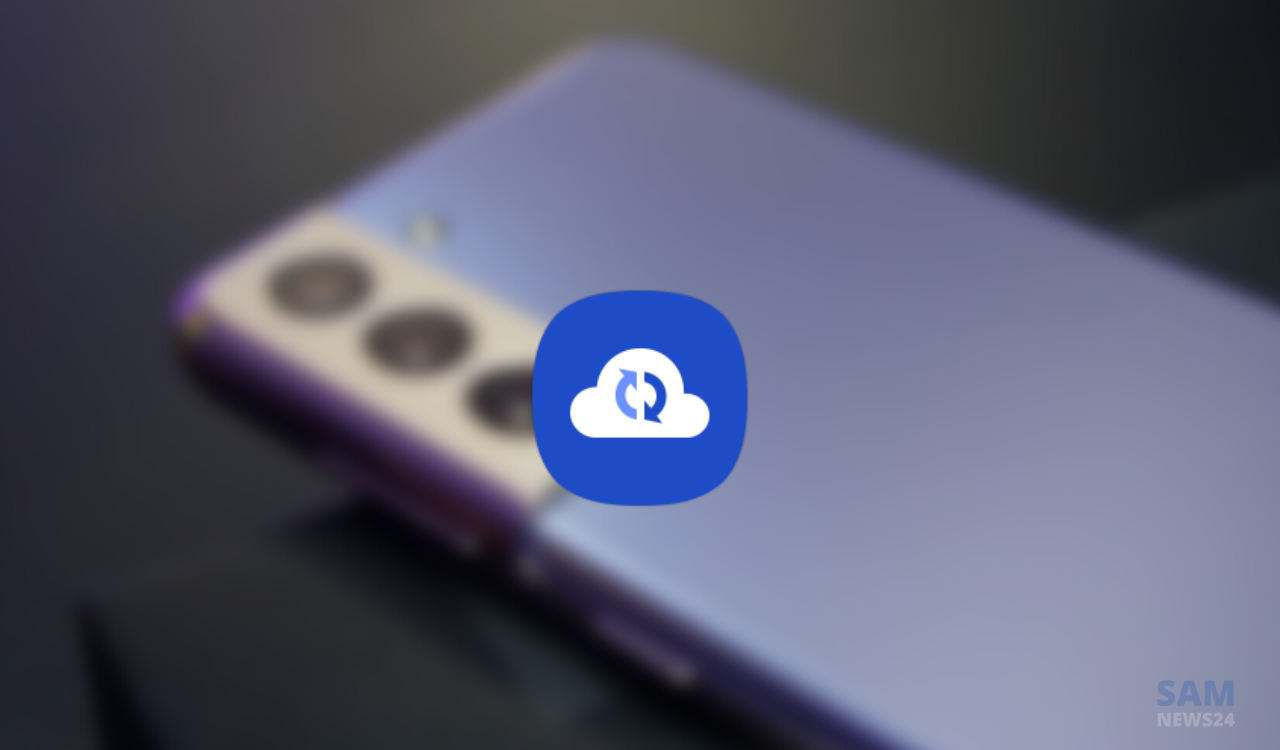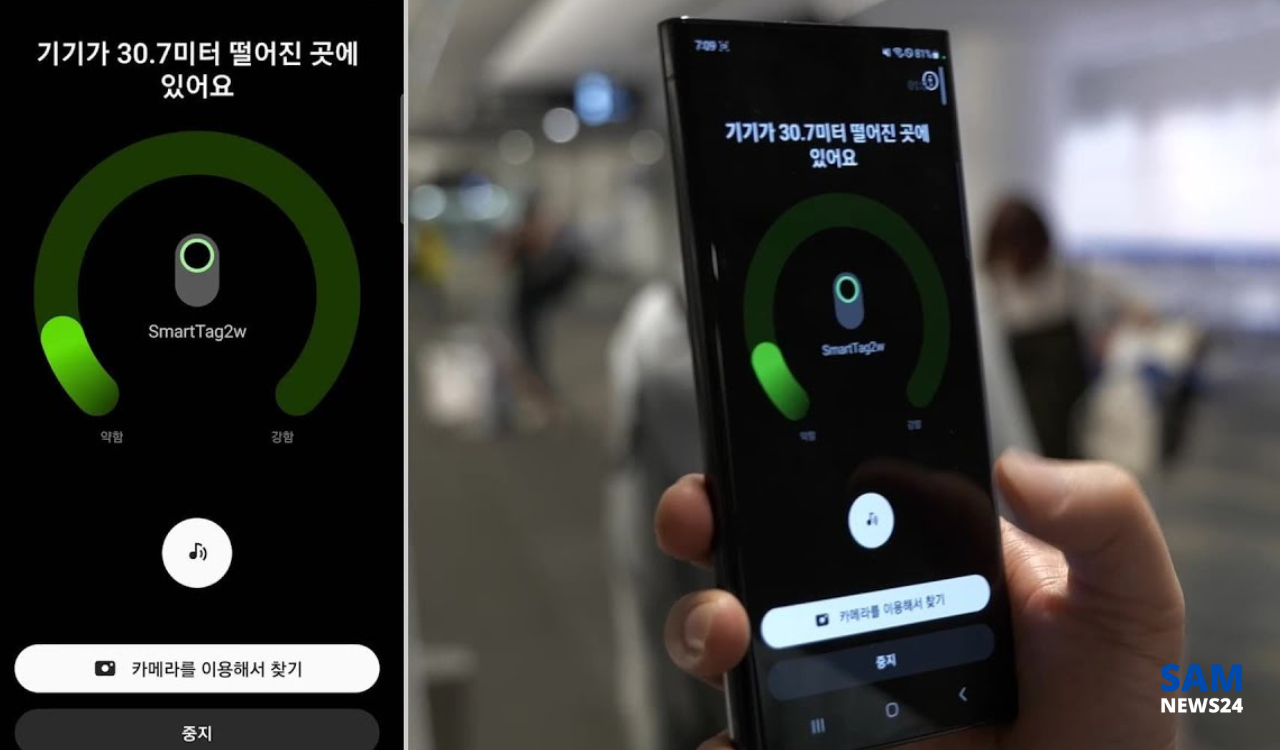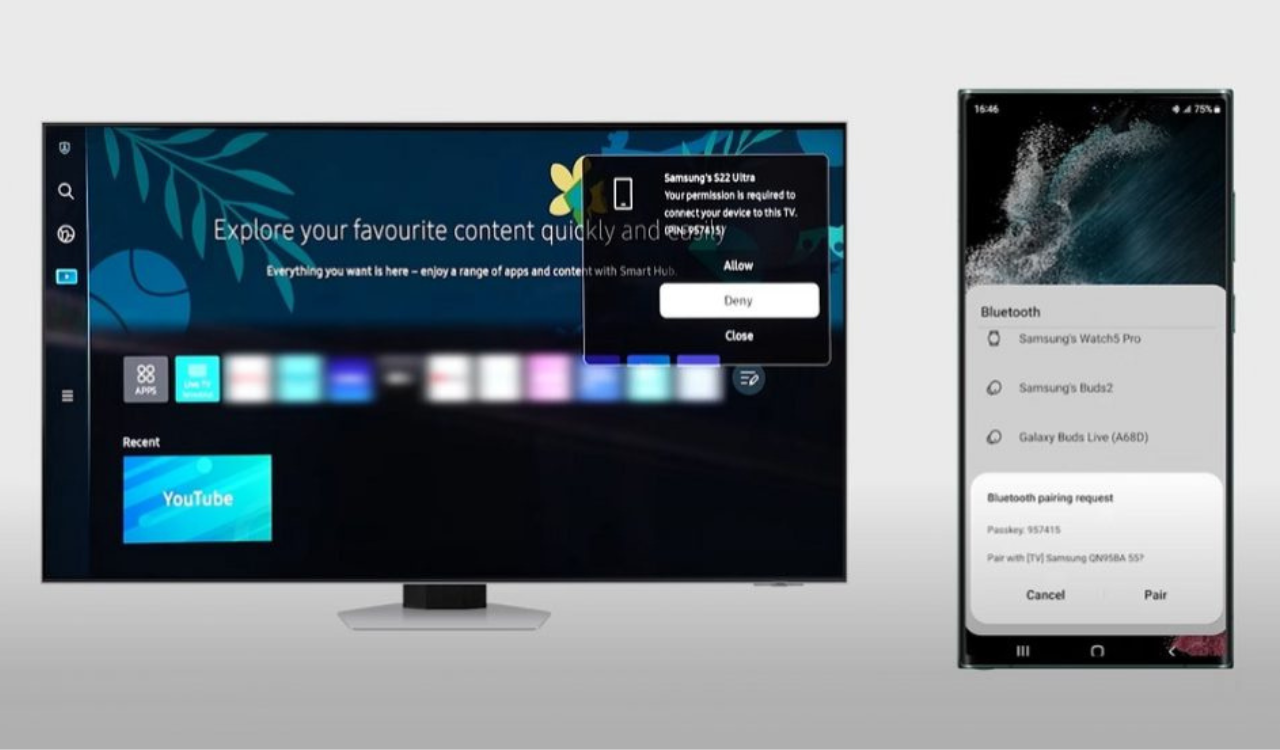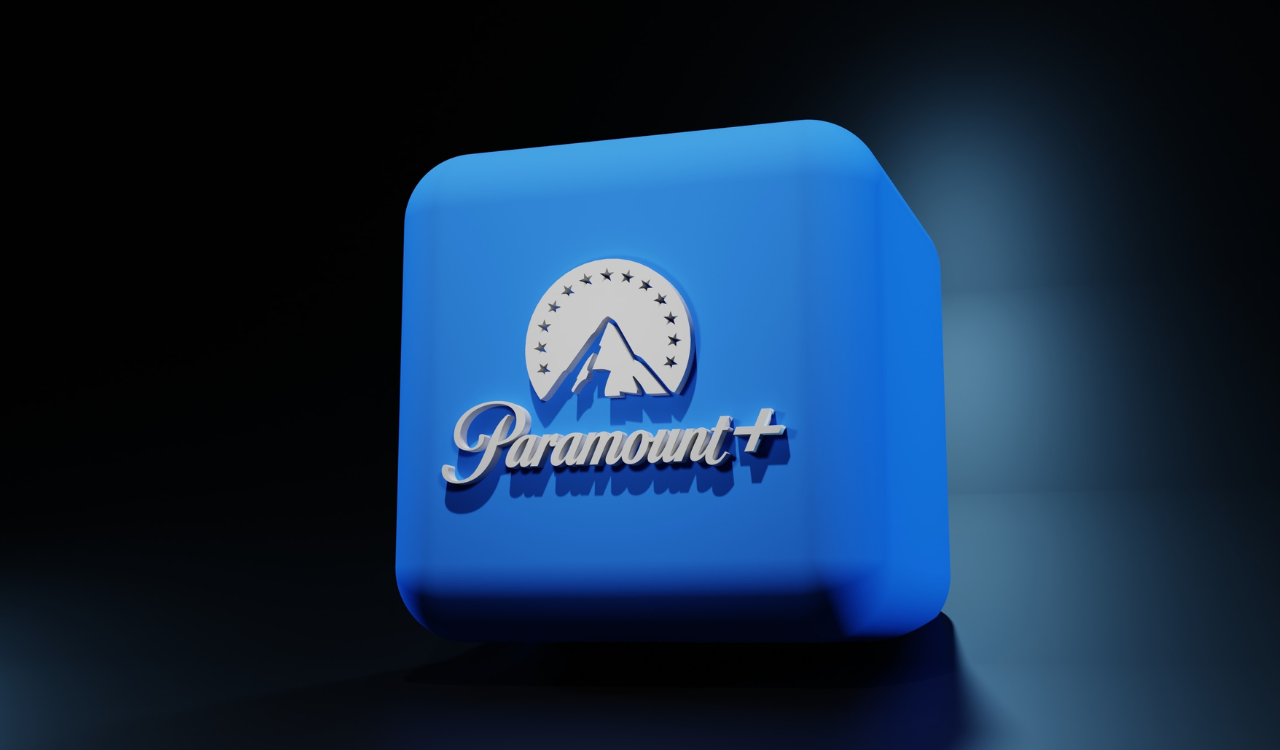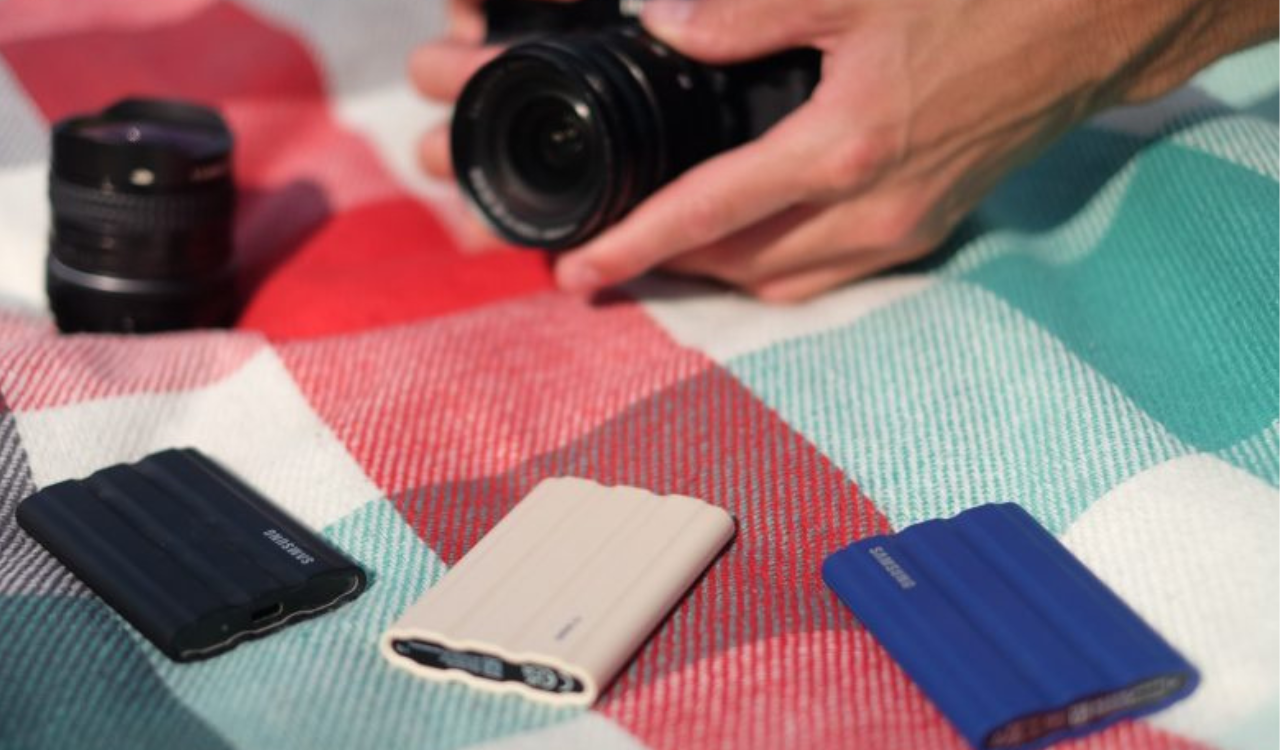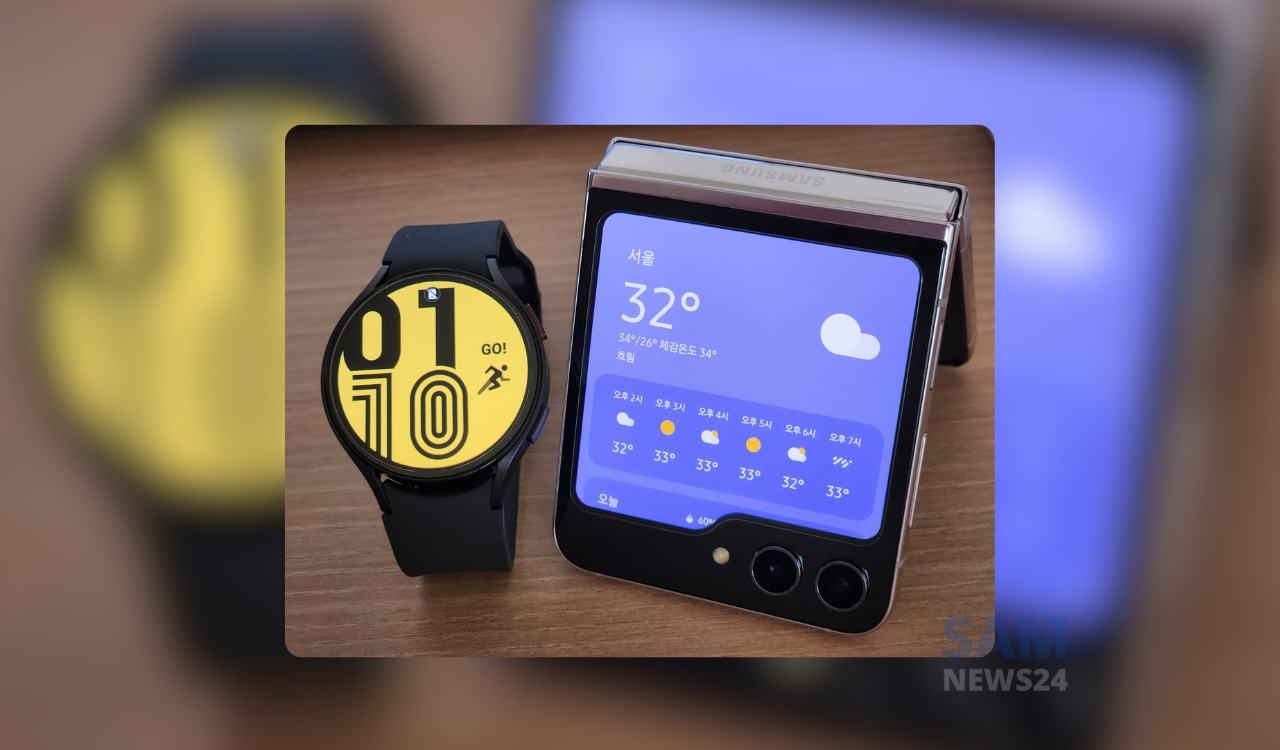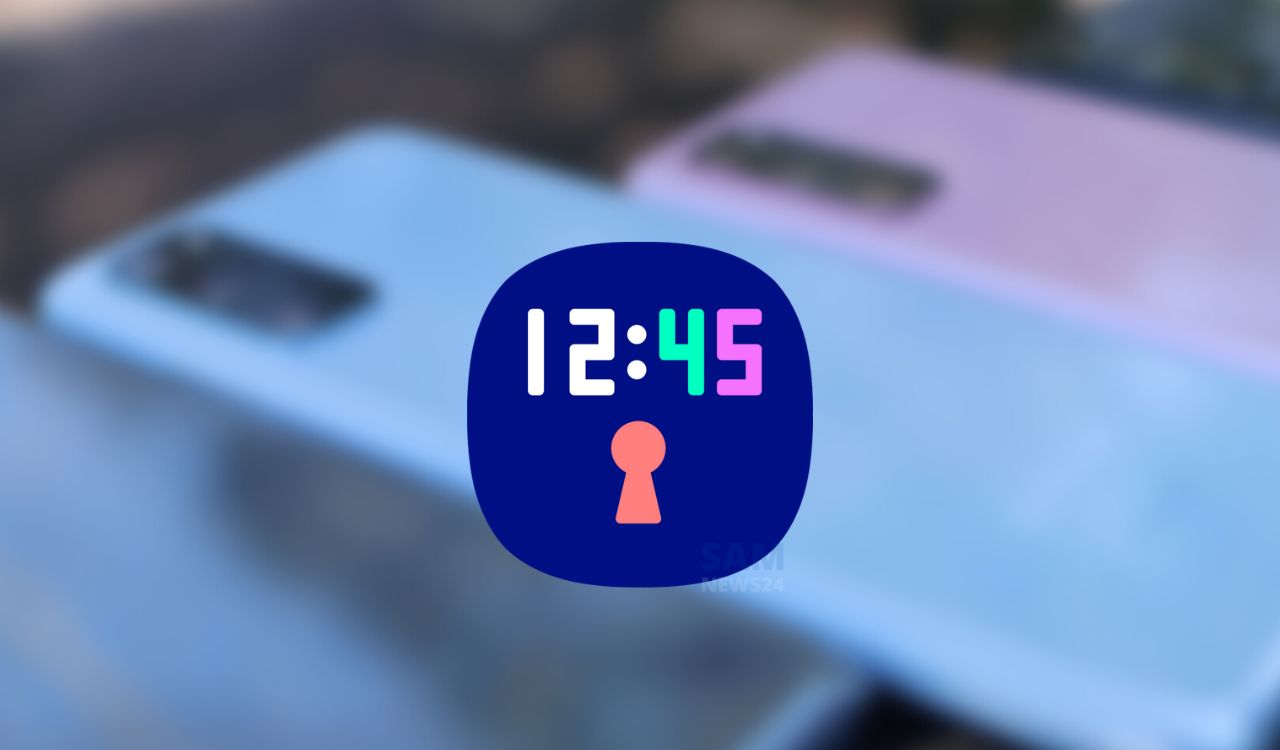Reportedly, the news coming from one of the Korean news sites ‘theelec’, reveals that Samsung SDI-funded battery equipment company PhilEnergy is expanding its assembly process equipment business.
The equipment business initially two main processes
The first includes the equipment for the notching process for making Tabs at both ends of the battery cathode and anode materials. Another piece of equipment for the stacking process that stacks battery materials. Now it is being rumoured that it is going to be expected a significant addition to the expansion of sales.
About Phil Energy
The company is in the business of two types of notching equipment: which is laser and mold. As previously, they only did laser notching business. And after supplying the equipment to SDI, the company stopped hiring when the production of the fifth-generation Gen5 battery took place. The reason because the Zen 5 battery could not use laser notching equipment. So instead, they tried to reverse that by supplying stacking equipment alone.
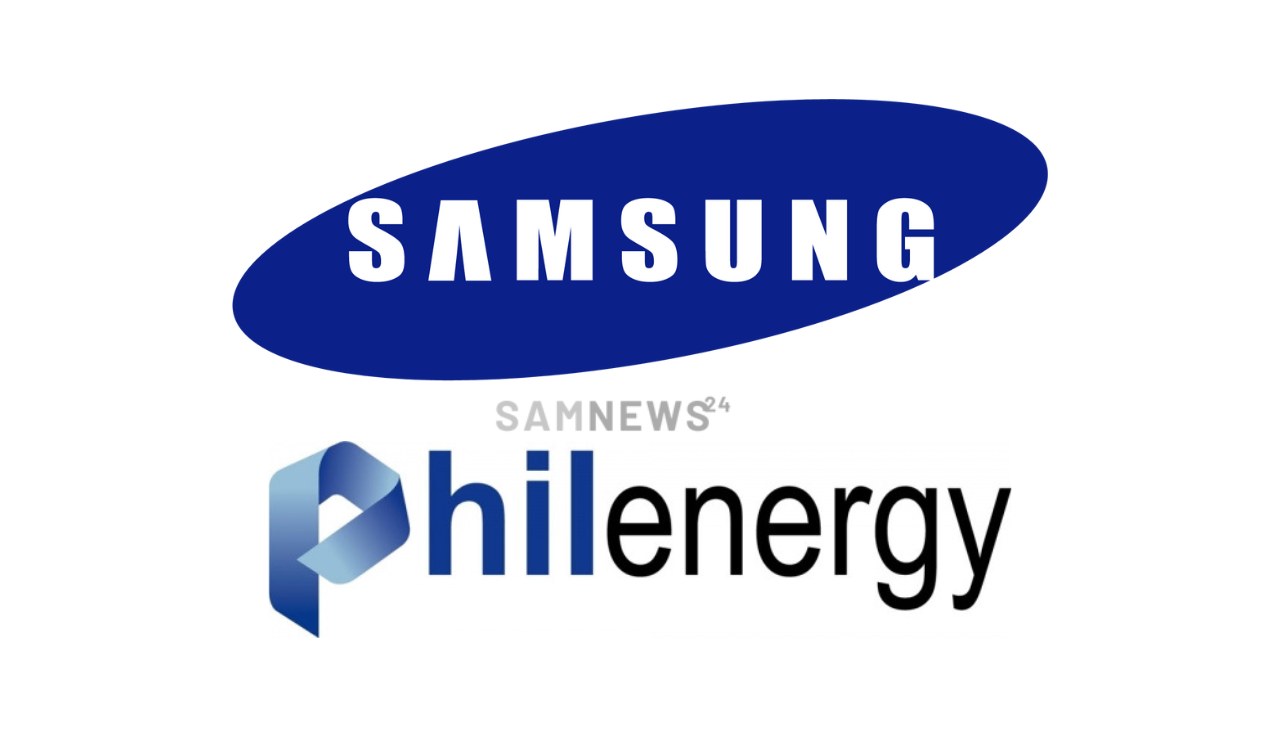
Phil Energy has got additional Samsung SDI volumes for its hybrid equipment unit with an integrated implementation of ‘Notching-Stacking’. Also, all of the new notching-stacking equipment that Samsung SDI introduced at its Hungarian plant this year is equipped with in-line technology as well.
Switching from Laser to Mold notching
The primary reason to changed from using laser notching equipment to mold notching equipment is that it uses a stacking process instead of a jelly roll.
Jelly roll refers to a combination made by turning battery materials such as anodes, cathodes, and separators.
The fact is that when jelly rolls are placed in an angular battery, it is difficult to utilize 100% of the space inside the battery. As there is a little bit of space left in the corner, therefore repeated charging and discharging may result in a swelling phenomenon in which the material is deformed. So clearly it is a choice for improving energy density and stability performance.
Other vendors
Phil Energy also supplied laser notching equipment to Morrow Battery, a Norwegian start-up battery company. The company initially plans to use jelly rolls and then switch to a stacking process. Also, the equipment that supplies exclusively to Samsung SDI cannot be sold externally, in which public equipment is not eligible. Whereas instead of stacking equipment, customers can be expanded through notching equipment.
Quick single: Samsung SDI: Proceeds with 3 Tesla Ticket Batteries – SamNews 24
Turnover and investment
Talking about last year then Phil Energy recorded a turnover of 165 billion won. And it is expected to have sales of more than 200 billion won this year. As of June, the order balance is 82 billion won.
Meanwhile, Phil Energy has also entered into an IPO with a motive of the first half of next year. Phil Energy is a subsidiary of Philoptics, a display equipment company. In September 2020, Samsung SDI invested 5 billion won as a third-party allocation moratorium.






